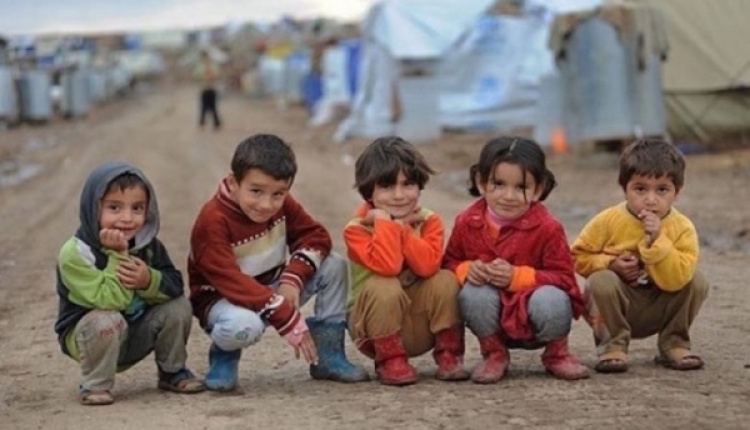Schooling Plans For Refugee Children In Greece
- by XpatAthens
- Thursday, 30 June 2016

In an effort to help refugee children in Greece complete their education, the Greek Ministry of Education and UNICEF have teamed up to devise short-term and long-term plans to fulfill this goal.
UNICEF’s Regional Director for Central and Eastern Europe, Marie-Pierre Poirier, visited Athens and Lesvos recently with the aim to collaborate with Greek authorities. While meeting with Greek education officials, she was informed about the current situation and the effects on refugee children.
According to UNICEF’s data, around 22,000 children are among the 55,000 migrants and refugees stranded in Greece. After interviewing 75% of school aged refugee children, 1 in 5 had never even begun their education. As a jumpstart, Greece’s Education Ministry has initiated pilot education and activities for children at refugee camps over the summer with the aim of beginning proper classes in the fall in their native language, English, and basic Greek.
While in Athens and Lesvos, Ms Poirier presented two plans to address the educational needs of the children. The first plan is a programme developed for younger children, which will allow for the immediate intervention at reception centers and the second plan is a programme to address the needs of adolescents, which include both education and career orientation.
For the younger children, the goal is to learn their mother tongue and English so they will be prepared once they settle in a host country. The goal for school aged children is to place them in Greek schools.
Apart from the educational needs Poirier was informed about, there are children who are unaccompanied. These children need to be aided by Greek institutions, prosecutors, and social workers to place them in foster care and eventually unite them with their families. UNICEF is also collaborating with the Migration Policy Ministry and the Social Solidarity Ministry to provide protection for unaccompanied minors.
To read this article in full, please visit: Greek News Agenda
To read this article in full, please visit: Greek News Agenda

